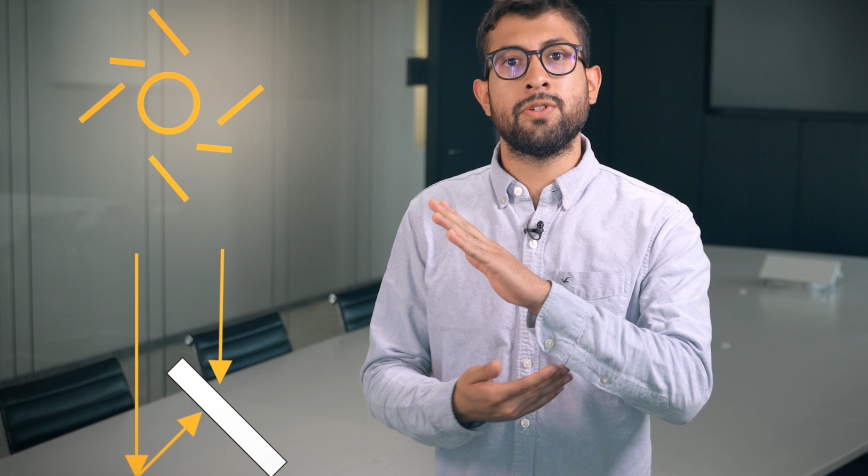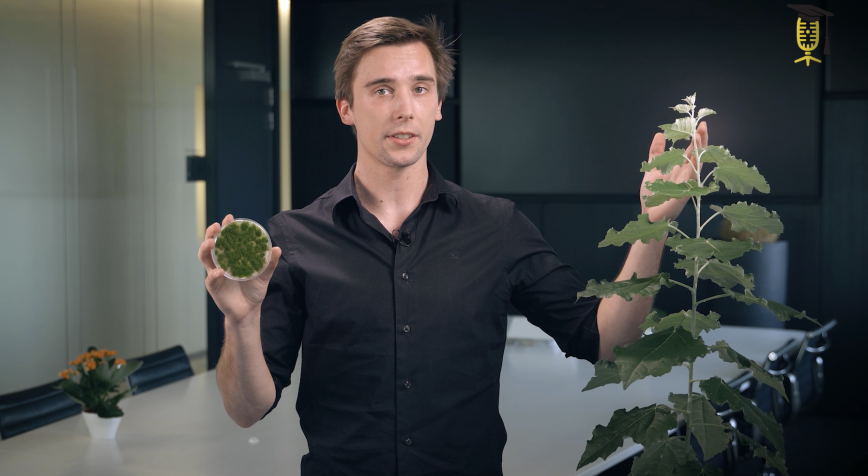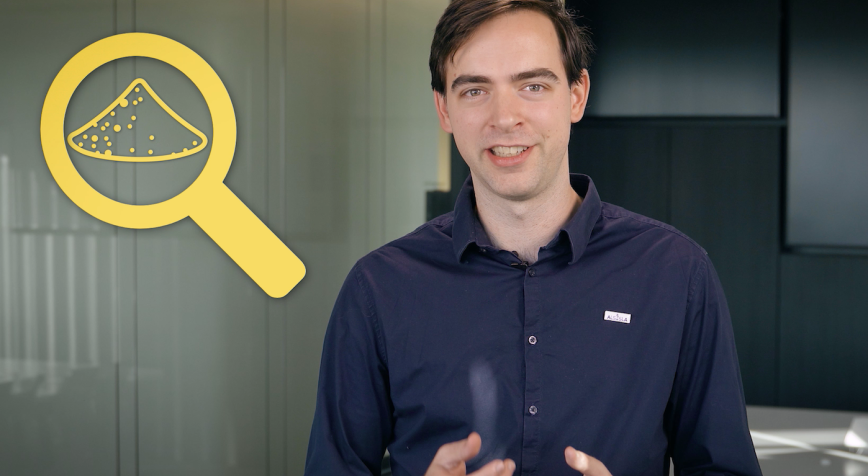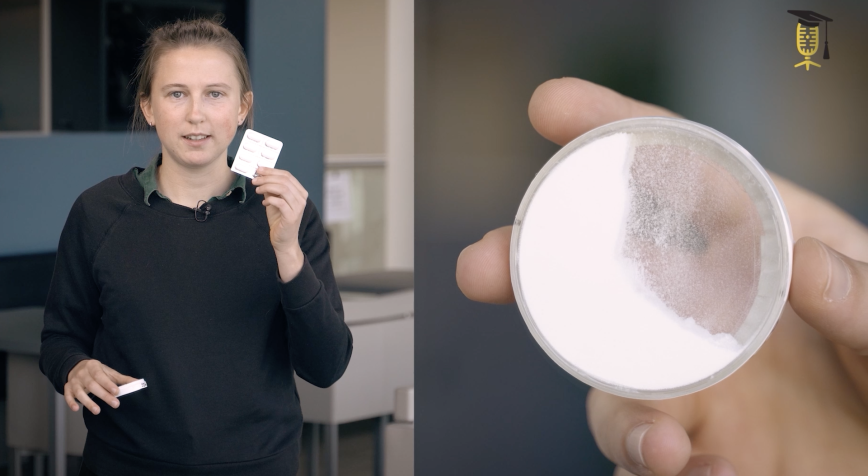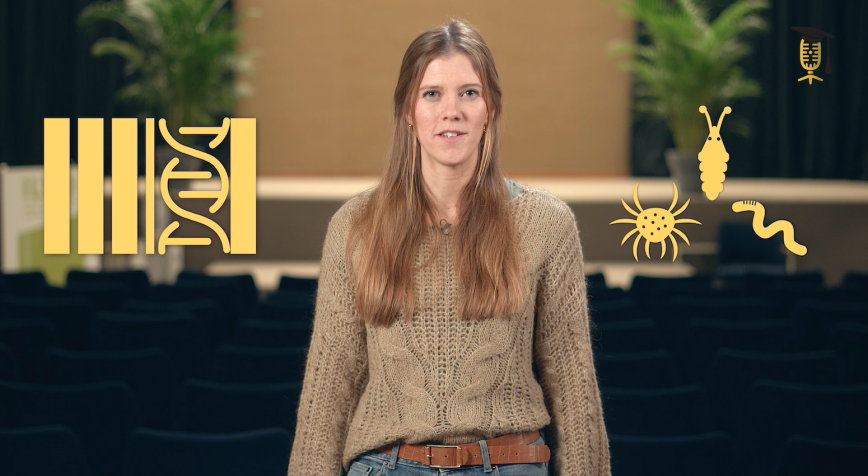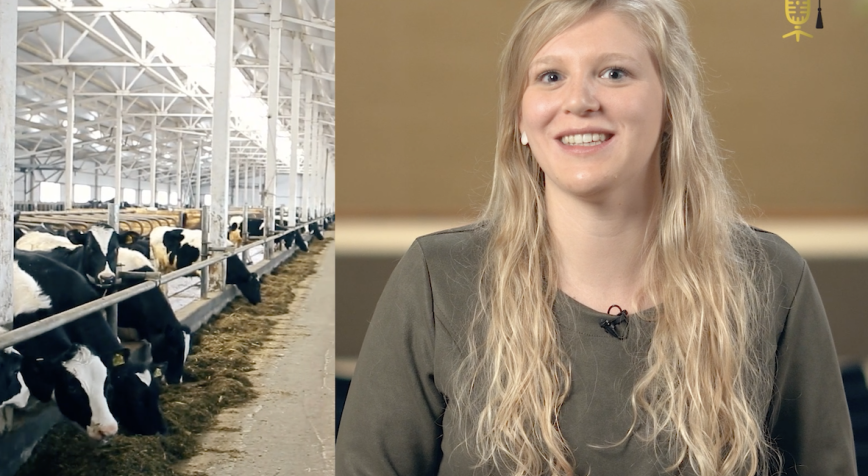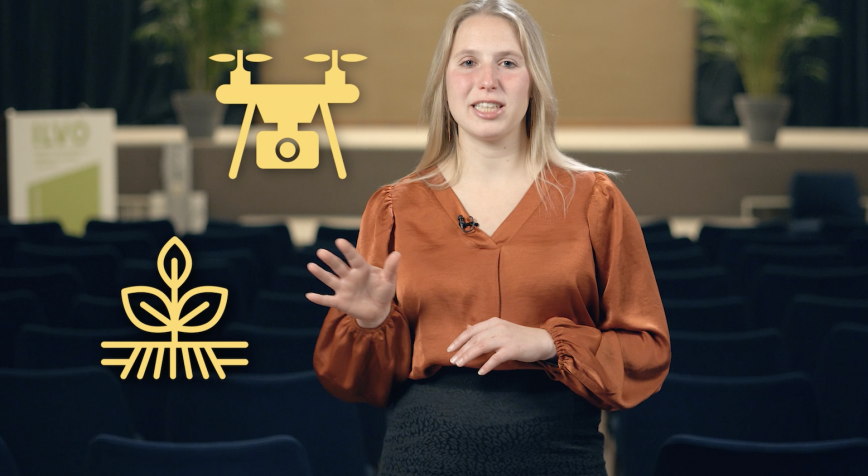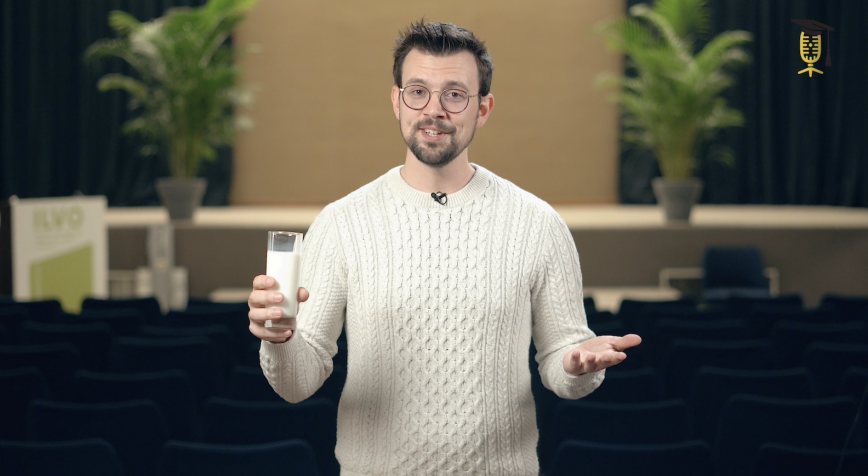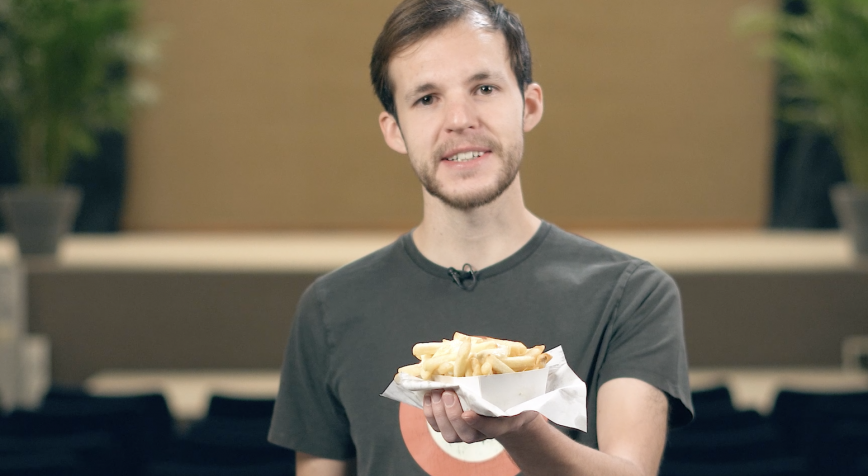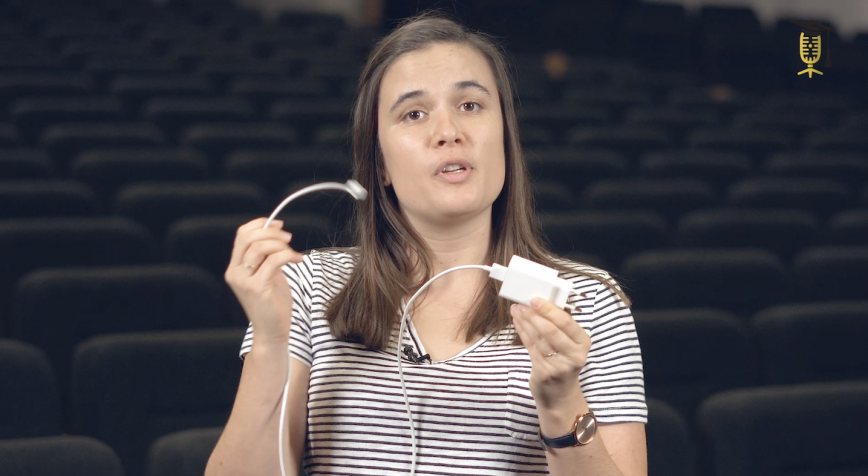
KU Leuven
Do we simplify our language in conversations with non-native speakers?
"Hebt gij Pieter toevallig nie gezien vandaag?"
This trivial Dutch question illustrates how, in our daily lives, we often use a more informal language, than the one we learn at school. This makes it challenging for non-native speakers to learn our language. In his research, Valentijn Prové studied conversations of Dutch native speakers with non-native speakers. He thus offers us an insight into how we adapt our language when we think someone will not understand us.
This trivial Dutch question illustrates how, in our daily lives, we often use a more informal language, than the one we learn at school. This makes it challenging for non-native speakers to learn our language. In his research, Valentijn Prové studied conversations of Dutch native speakers with non-native speakers. He thus offers us an insight into how we adapt our language when we think someone will not understand us.
